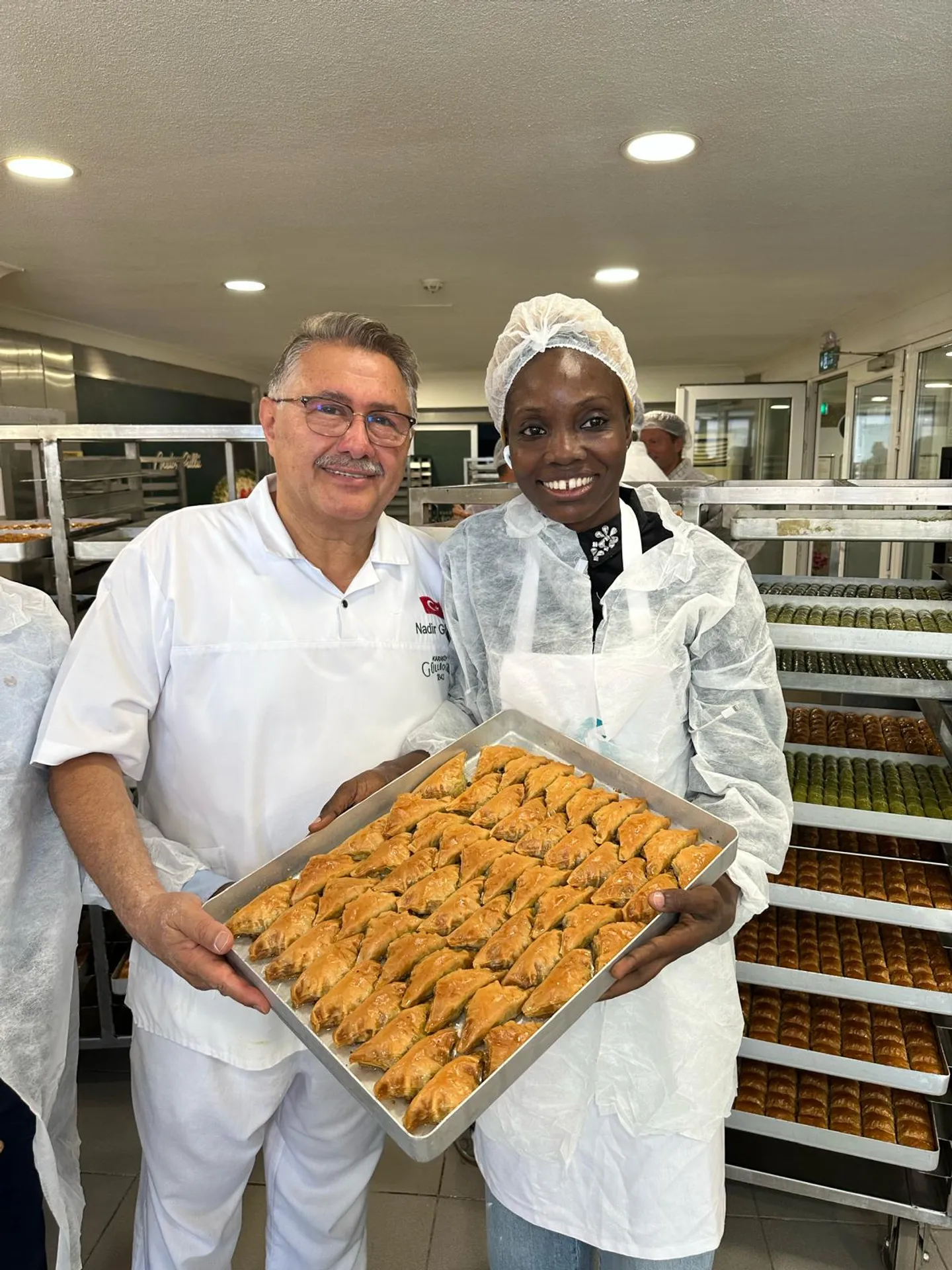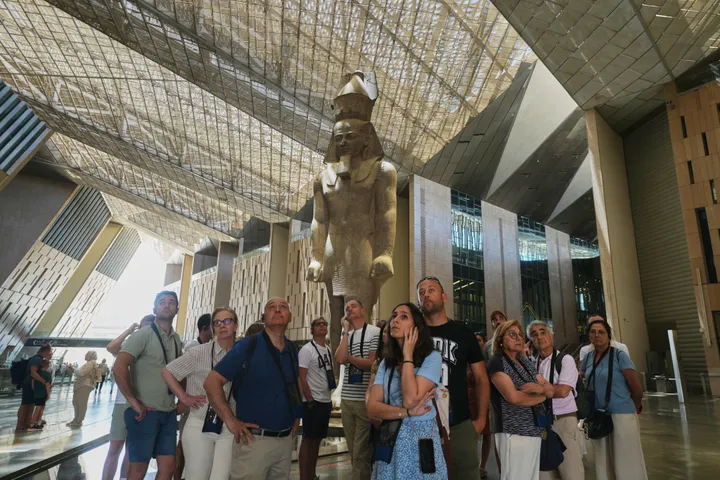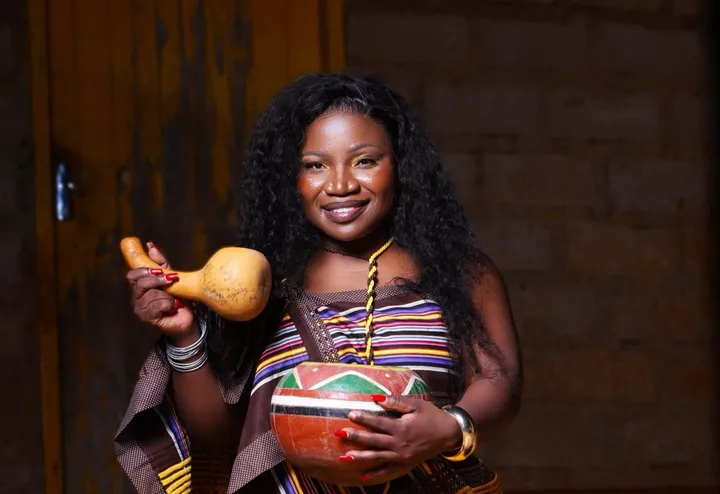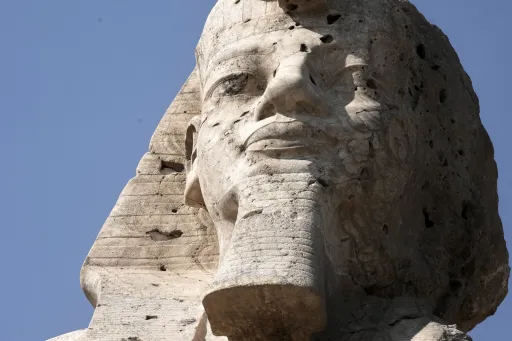The Yunus Emre Institute (YEE) has once again opened its doors to the world’s culinary talents. This year, 13 international chefs participated in the institute’s “Turkish Cuisine Summer School,” part of YEE’s wider summer programmes that welcomed 735 students from 69 countries.
Over several weeks, participants explored Türkiye’s diverse culinary heritage, travelling to Istanbul, Konya, Gaziantep, and Şanlıurfa to experience the country’s rich food culture firsthand.
The chefs worked alongside Turkish culinary experts, learning traditional recipes, cooking techniques, and the art of balancing flavours.
Beyond the kitchen, they experienced Turkish family dining, visited cultural and gastronomic landmarks, and gained insights into the historical context of the dishes they prepared.
In Istanbul, the group toured the Ottoman palace culinary, sampled authentic Turkish coffee, and observed master baklava maker Nadir Güllü demonstrate the meticulous art of baklava-making.
Participants expressed enthusiasm for bringing the skills, techniques, and flavours of Turkish cuisine back to their home countries.
Many highlighted the pleasure of discovering Ottoman and Anatolian culinary heritage, while others were inspired by the use of local, seasonal ingredients and traditional cooking methods.
Culinary Innovation and Fusion Cuisine
Among the participants, Nigerian chef Maryam Ahmed stood out for her initiative to fuse what she learned in Türkiye with the culinary traditions of her homeland.
As a young entrepreneur, she is bringing this vision to life through her “Aure” concept, blending Turkish and northern Nigerian flavours.
Her initiative celebrates both Turkish and Northern Nigerian food culture, often overlooked in mainstream media despite its vibrant festivals, colorful attire, and rich gastronomic traditions.
The Aure menu showcases a refined fusion of Turkish and Northern Nigerian cuisine, thoughtfully designed to celebrate both traditions.
Alongside Turkish classics such as pide, kebabs, and Ali Nazik, guests can enjoy stuffed leaves, okra soup with lamb, and signature northern Nigerian dishes like masa and ɗanɗeru, paired with Turkish-style rice and vibrant mezze plates. Each dish blends Anatolian techniques with local Nigerian spices and seasonal ingredients, creating flavours that are both familiar and new.
Maryam Ahmed says her goal is to present a different image of Northern Nigeria — a region often portrayed through stories of conflict, economic hardship, and instability. Through her culinary work, she aims to highlight its vibrant, joyful, and deeply communal culture, filled with colour, warmth, and hospitality.
Having travelled across rural towns to learn the subtleties of traditional recipes, she now seeks to blend these authentic northern Nigerian flavours with Turkish cuisine, showcasing the beauty and resilience of her community through food.
Beyond food, Aure offers a cultural dining experience rooted in family, storytelling, and celebration — values shared by Turkish and Arewa communities alike. Through this fusion concept, Maryam aims to introduce Anatolian tastes to Nigerian audiences while showcasing the richness of northern Nigeria’s culinary heritage.
Through programmes like the Turkish Cuisine Summer School and initiatives such as Maryam Ahmed’s Aure, Türkiye’s gastronomic heritage continues to reach new audiences worldwide, fostering cultural exchange, mutual understanding, and the shared joy of food.
Promoting Turkish Culture Worldwide
Since its first overseas office in 2009, the Yunus Emre Institute has grown into a global network with 92 offices in 68 countries, connecting people to Türkiye and promoting its language, arts, and culture.
With a focus on fostering dialogue, mutual understanding, and cultural exchange, the institute organizes programmes ranging from language courses and exhibitions to educational and artistic initiatives.
Its work across Africa and beyond not only introduces Turkish heritage to new audiences but also strengthens long-term relationships and shared cultural awareness between Türkiye and communities around the world.





























